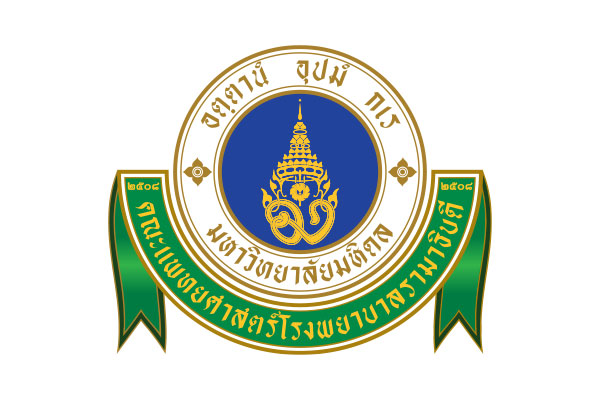Systemic Lupus Erythematosus (SLE) is an autoimmune disease resulting in autoantibody production, immune complex deposition, and complement activation. The standard biomarkers such as anti-dsDNA and complements (C3 and C4) do not always correlate with active clinical SLE. The heterogeneity of SLE patients may require additional biomarkers to designate disease activity. Ninety SLE patients participated in this study. Evaluation of disease activity was achieved with the Systemic Lupus Erythematosus Disease Activity Index 2000 (SLEDAI-2K) and modified SLEDAI-2K. The measured serum biomarkers were anti-dsDNA, C3, C4, ESR, interleukin-6 (IL-6), and circulating immune complexes (CIC). IL-6, ESR and CIC significantly increased in active clinical SLE. Complement, anti-dsDNA, ESR and CIC correlated with SLEDAI-2K while only anti-dsDNA, CIC, ESR and IL-6 correlated with modified SLEDAI-2K. A combination of biomarkers gave a higher odds ratio (OR) than any single biomarker. A combination of IL-6 or CIC exhibited the highest OR (OR = 7.27, 95%CI (1.99-26.63), p = 0.003) while either complement or anti-dsDNA showed a moderate odds ratio (OR = 3.14, 95%CI (1.16-8.48), p = 0.024) of predicting clinical active SLE. The combination of CIC and IL-6 strongly predicts active clinical SLE. CIC and IL-6 can be used in addition to standard biomarkers to determine SLE activity.



